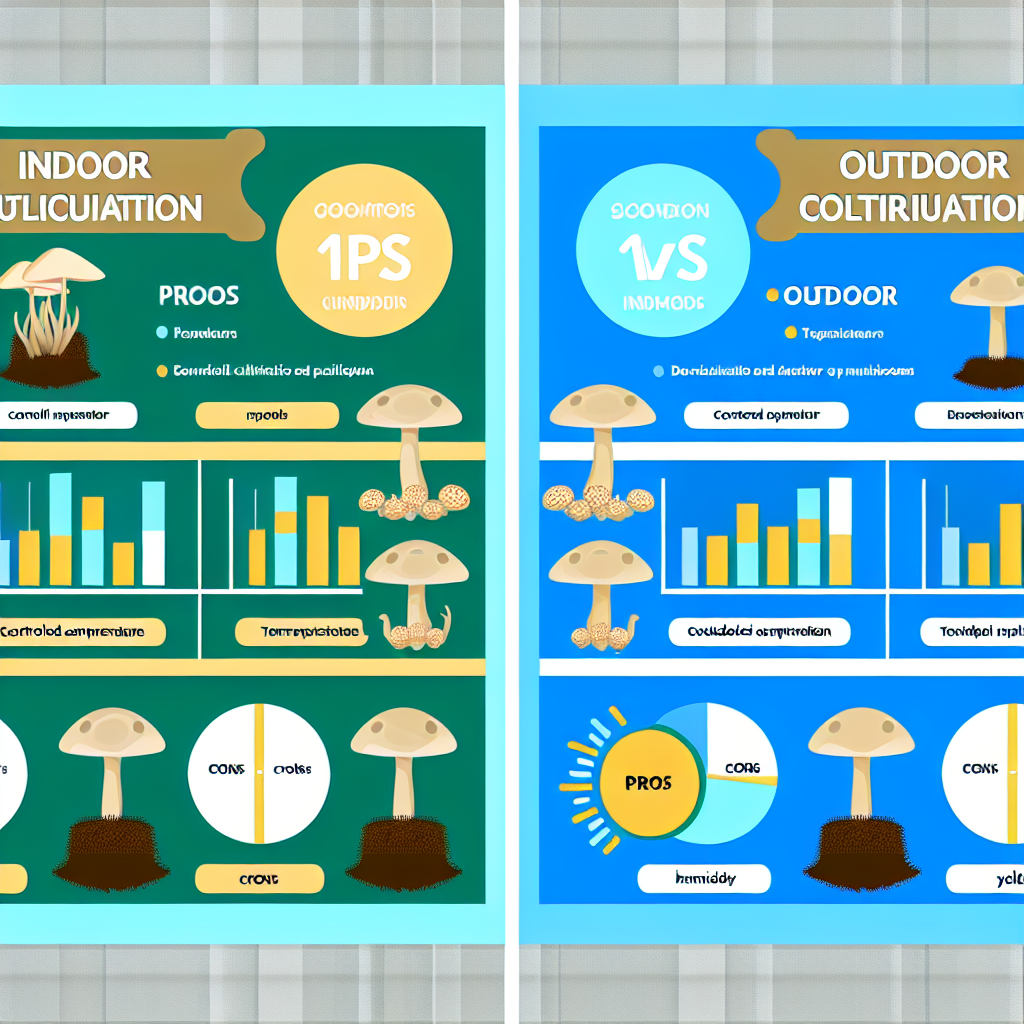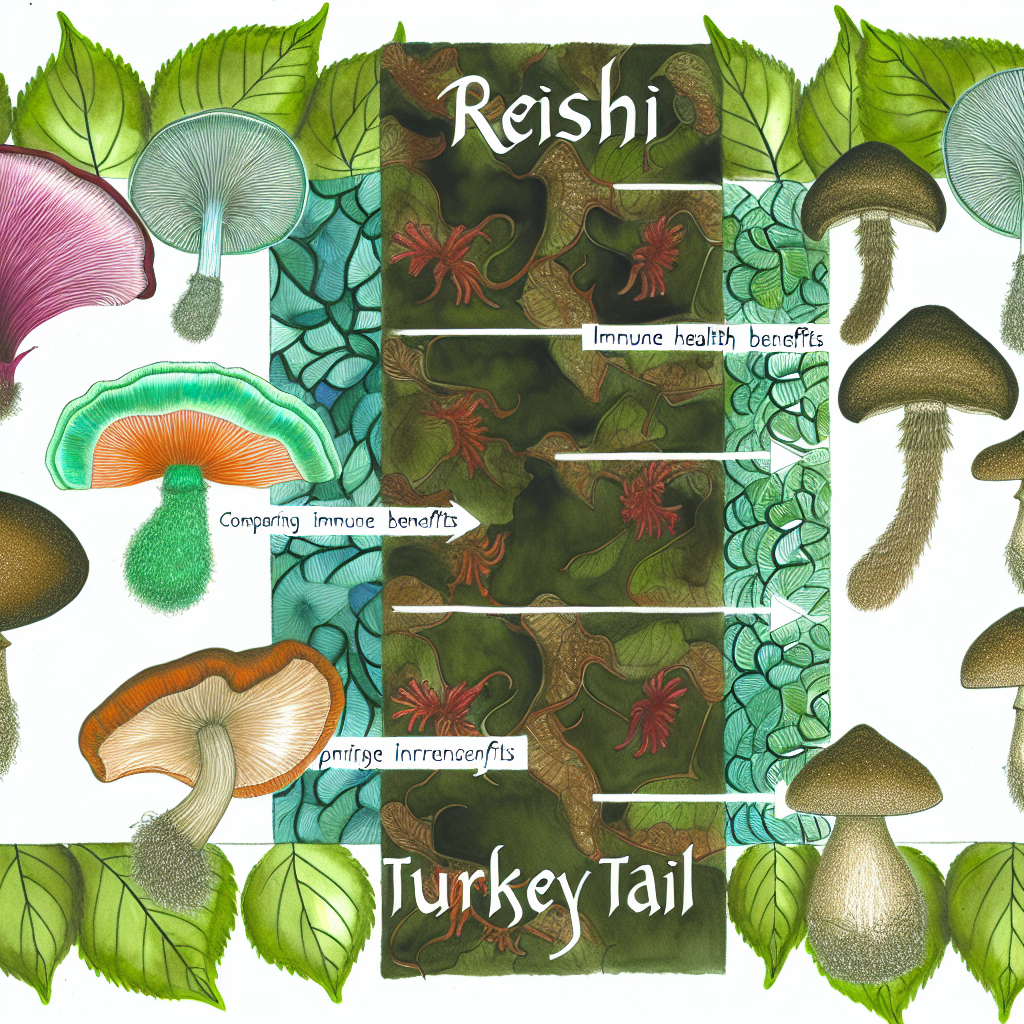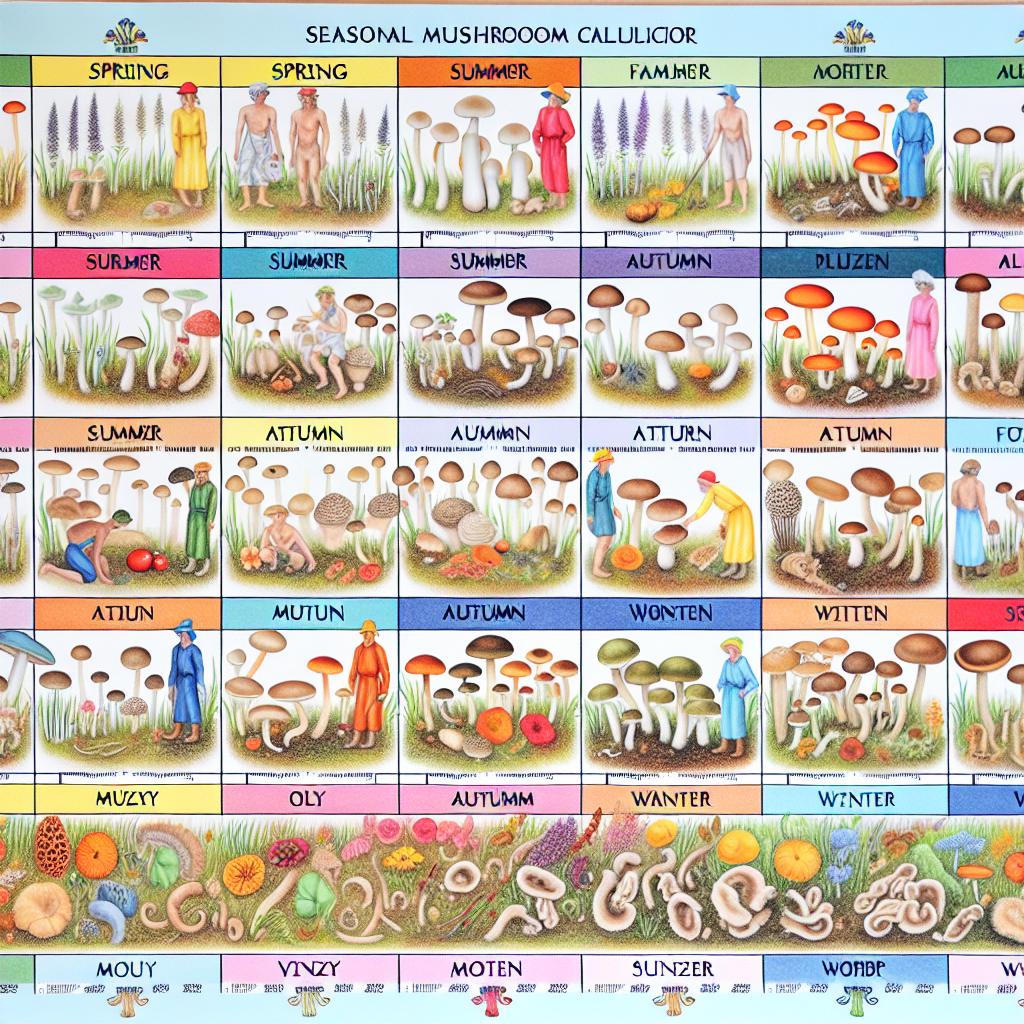Psilocybin Clinical Trial Participation: Who Qualifies and What to Expect
Breaking New Ground: The Rise of Psilocybin in Mental Health Therapy
In recent years, psilocybin—the psychoactive compound found in certain species of psychedelic mushrooms—has gained significant attention as a promising therapeutic agent for various mental health conditions. Once relegated to counterculture status, psilocybin is now being studied in rigorous scientific trials as a potential treatment for depression, anxiety, PTSD, end-of-life psychological distress, and substance use disorders.
Clinical trials are an essential step in the drug development process. When it comes to psilocybin, these studies not only help establish efficacy and safety but also determine appropriate dosage, treatment protocols, and possible neurological mechanisms. But who qualifies for such trials? Understanding patient eligibility criteria, the experience of participants, and the strict regulatory framework governing these studies is key for anyone considering this route or just looking to stay informed.
Participation in a psilocybin clinical trial involves several phases, beginning with thorough screening processes to ensure the safety and appropriateness of candidates. Selection criteria are guided by the objectives of the trial and carefully designed to protect both the participants’ physical and mental health. Most importantly, these criteria are aligned with ethical research standards and are overseen by institutional review boards.
Who is Eligible? Inside Psilocybin Trial Selection Criteria
As psilocybin-assisted therapy continues to return promising results, a number of high-profile clinical studies have set the standards for participant inclusion and outcomes. Organizations such as Johns Hopkins University, Imperial College London, and the Multidisciplinary Association for Psychedelic Studies (MAPS) are at the forefront of such research.
Participant criteria for these trials are typically very specific. For example, the landmark 2016 study from Johns Hopkins on psilocybin for existential distress in cancer patients only enrolled individuals with a terminal diagnosis and accompanying major depressive disorder or anxiety. Participants must undergo both physical and psychological evaluations to screen out those with contraindications such as:
– Personal or family history of psychosis
– Diagnosed bipolar disorder
– Certain cardiovascular conditions
Another prominent trial conducted in 2020 by Compass Pathways focused on individuals with treatment-resistant depression. To qualify, participants had to prove a lack of response to at least two antidepressant treatments. Trials often include wash-out periods where current medications are tapered off safely under medical supervision.
The Clinical Experience: Guided Healing in a Controlled Setting
The treatment format in psilocybin clinical trials is well-structured and therapeutic. It typically includes:
– Preparatory psychotherapy sessions
– One or more supervised psilocybin dosing sessions in a safe, therapeutic environment
– Post-session integration therapy
Trained therapists or guides are present throughout the psychedelic experience to ensure participant safety, offer emotional support, and facilitate the therapeutic process. These professionals are trained in both clinical psychology and psychedelic integration techniques, allowing them to guide participants through potentially intense and deeply emotional sessions.
Remarkable Results: What the Research Says
Outcomes from these trials have been nothing short of groundbreaking. For instance, a 2020 study published in JAMA Psychiatry found that 71% of participants with major depressive disorder experienced a clinically significant response to psilocybin-based therapy, with over 50% achieving remission just four weeks after treatment. These findings suggest that psilocybin may outperform many traditional pharmacological options in treating depression.
Voices from the Sessions: Patient Testimonials and Transformative Experiences
Perhaps the most compelling evidence comes from the participants themselves. Many describe their psilocybin sessions as intensely emotional, yet profoundly meaningful. Reported benefits include:
– Improved emotional resilience
– Greater mental clarity
– Enhanced feelings of connection and purpose
Participants consistently highlight the importance of the therapeutic framework before, during, and after the dosing session. This model ensures not just emotional safety, but also helps participants make meaningful, lasting psychological changes based on their experiences.
A Glimpse Into the Future of Mental Health Care
Participating in a psilocybin clinical trial offers a unique opportunity to access cutting-edge mental health care while contributing to pioneering research. With rigorous selection criteria, highly controlled environments, and professional therapeutic support, these studies set the gold standard for safe and effective psychedelic healing. For eligible patients—particularly those facing chronic or treatment-resistant mental health challenges—psilocybin trials may offer both transformation and renewed hope.
References
1. Johns Hopkins Center for Psychedelic and Consciousness Research
2. Effects of Psilocybin-Assisted Therapy on Major Depressive Disorder – JAMA Psychiatry
3. Compass Pathways Clinical Trials
4. Multidisciplinary Association for Psychedelic Studies (MAPS)
5. Imperial College London – Centre for Psychedelic Research
Concise Summary:
Psilocybin, the psychoactive compound in psychedelic mushrooms, is being studied in rigorous clinical trials as a potential treatment for various mental health conditions. This article explores the eligibility criteria, participant experiences, and remarkable results from these pioneering studies, offering a glimpse into the future of mental health care.

Dominic E. is a passionate filmmaker navigating the exciting intersection of art and science. By day, he delves into the complexities of the human body as a full-time medical writer, meticulously translating intricate medical concepts into accessible and engaging narratives. By night, he explores the boundless realm of cinematic storytelling, crafting narratives that evoke emotion and challenge perspectives. Film Student and Full-time Medical Writer for ContentVendor.com




